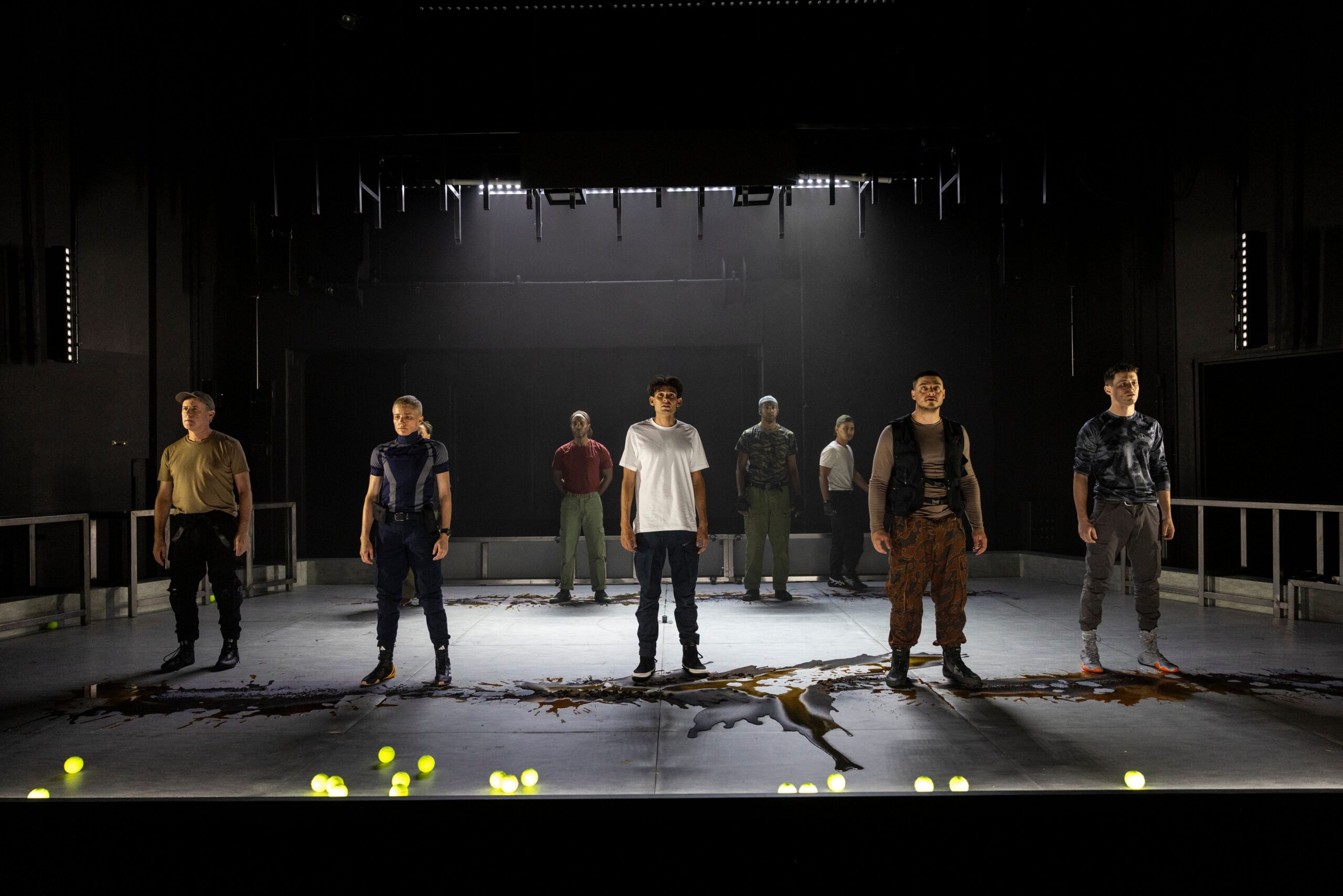Election year budgets are usually packed with goodies to entice voters, and this year was no exception. GP visits might not break the bank,and PBS medications are going to be capped at twenty-five dollars per script. The government’s biggest bombshell came in the form of another tax cut for working Australians. Yet as I watched Jim Chalmers announce these new measures, I couldn’t help but forget that the election still hadn’t been called. Now, forty-eight hours later, it’s official: we’re going to the polls in May.
At first glance, this budget feels good for Australians, as a whole. The ABC’s annual “Federal Budget Winners and Losers” page almost looked like an Australian Labor Party (ALP) press release. Taxpayers, aged care workers, and first home buyers were winners. Consultants and foreigners looking to buy onshore houses were considered losers. For students, things are less clear. On the plus side, those of us with study loans may see an average of $5,520 sliced from our HECS-HELP debt, although this is contingent on a Labor government being able to pass the legislation in their (theoretical) next term. Meanwhile, those receiving Centrelink payments have been left out to dry as the cost-of-living “crisis” continues endlessly. This is bad news for the 180,000 university and TAFE students who regularly receive income support payments.
To make matters worse, federal government policy changes have been cited as the driving force behind University staff cuts. This includes the recent cuts to non-academic staff here at the University of Wollongong (UOW). In a statement released 24 March 2025, the university noted that the cuts were, “in part due to the Australian Government’s changes to visa processing and migration policy.” It is becoming clear that while the federal government wants to entice more Australians to obtain tertiary qualifications, they have little interest in enticing current students to vote.
It feels as though the ALP are only able to appeal to young people as the lesser of two evils. Indeed, it is important to remember how often the Liberal National Party (LNP) let Australian students down during their nine consecutive years in power. In 2014, the Abbott Government attempted to deregulate university fees and allow institutions to determine what a degree might cost. Under the Morrison government, the cost of a humanities degree more than doubled, whilst also raising the costs of law and commerce degrees. It is not clear at this stage what changes the LNP may enact under a potential Dutton government, but if history is anything to go by, students are unlikely to see any substantial benefit. It seems, then that the ALP’s position is clear. By limiting their support for students to (hopefully) cutting more HECS-HELP debt, the Labor Party rely on getting the student vote simply by virtue of not being the Liberal Party.
There is, of course, one group of students who both major parties can throw under the bus with little fear of losing votes. International students – who play a vital role in Australia’s economy – have already found themselves being vilified. It is often easy to underestimate exactly how important those coming to Australia to study are, especially from an economic standpoint. With a worth of around $51 billion dollars per year, education is fifth-biggest export. Yet fearmongering about mass-immigration has led to both parties vowing to limit migration as a means of quelling misinformed voter concern. As is so often the case, both parties are citing housing shortages as a reason for their limits. But, researchers from the University of South Australia have recently found no link between international students and the housing crisis, instead pinning the blame on more structural concerns. Yet, the major parties have seen an opportunity to pounce on a demographic who are unfairly vilified by many Australians, and who are unable to vote.
For students, Wednesday’s budget – and, a now looming election – pose questions which don’t have answers. My intention here has not been to convince anyone to vote one way or another, although I would advise any eligible voters to make good use of Australia’s preferential voting system. We are now barrelling towards a federal election at an alarming pace, but the coming weeks are sure to be alarming ones, rife with misinformation and fear mongering. We should all be vigilant and be sure to look out for others, especially international students. Australia is a nation of multitudes, who cannot be broken down into winners and losers.




